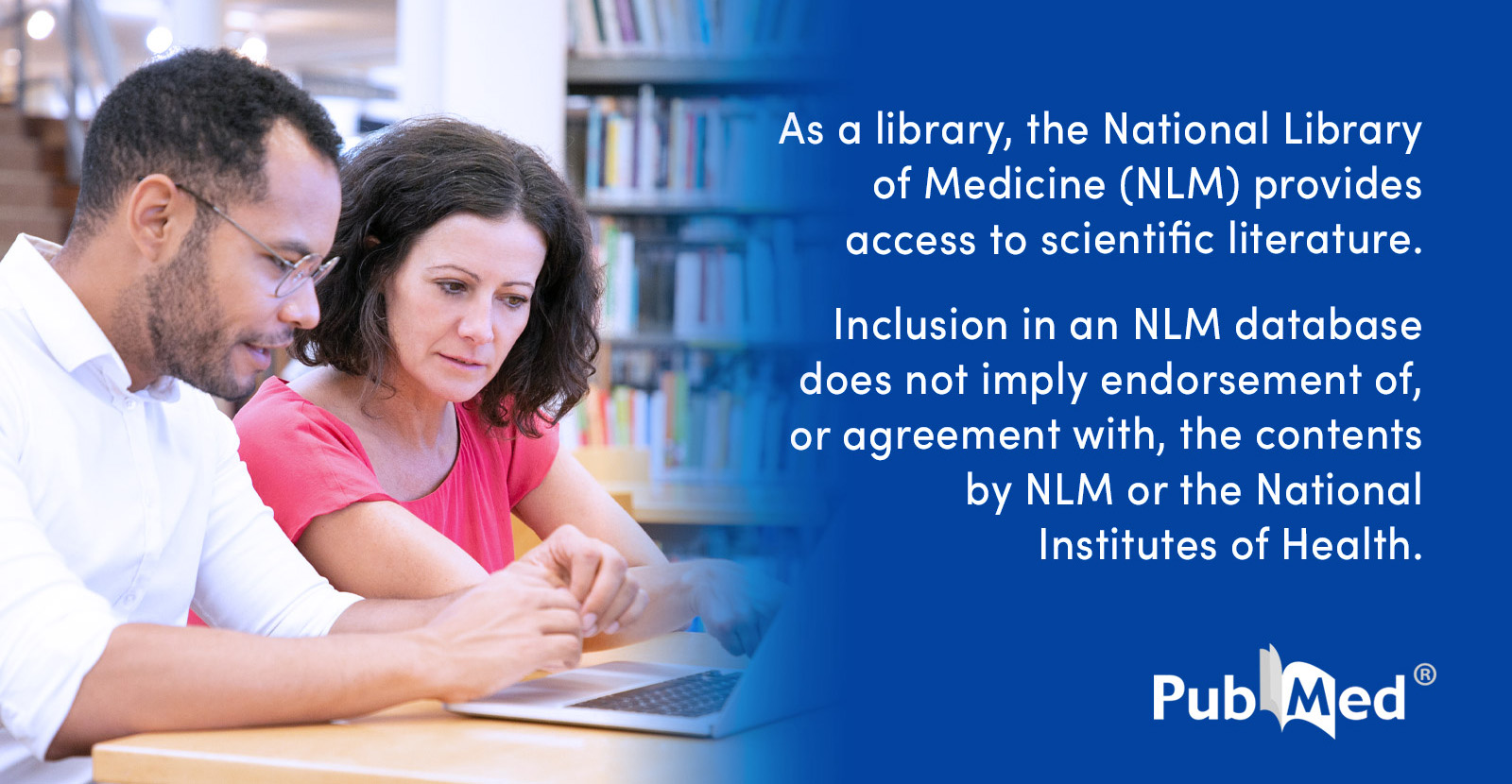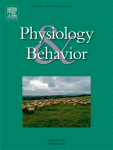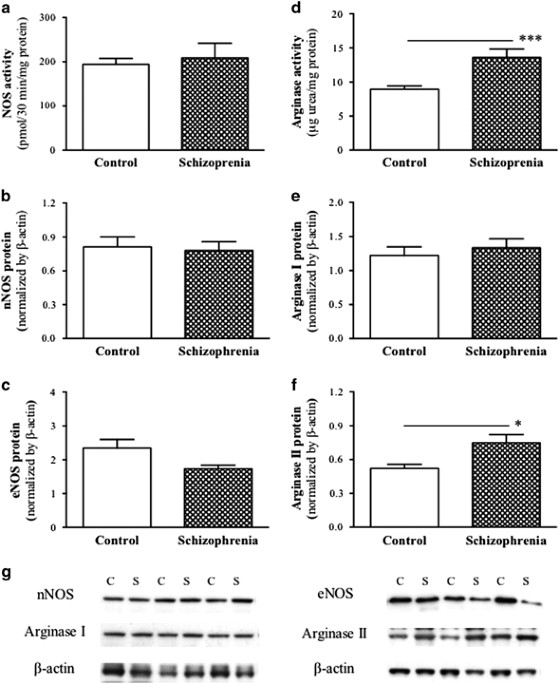I've tried a bunch of stuff for memory/cognition as I have a very inconsistent memory, but my perspective has been skewed by a mood disorder. So fully biased. Generally I haven't found any consistent effects from most nootropics, and nothing that improved significantly upon treating my mood disorder. I was fairly reckless at times in taking random things, especially considering the other drugs I was on at times. Like the MAOI tranylcypromine.
I've used programs like Anki and some memory testing at times (N-back, Cambridge brain sciences), but usually see how things go. Again, fully biased and I'm not up-to-date on nootropics and memory enhancers.
I generally agree with LucidSDreamr above. Don't do what Donny Don't does.
Not going to go over major stimulants and some drugs like lower doses of methylphenidate, amphetamine (since you are on?), modafinil, atomoxetine
ADHD sometimes add-on guanfacine / clonidine, though I don't think normal situations benefit and some people find clonidine even impairing.
A few I've tried - not comprehensive
Nicotine is probably the one I have found to have a major effect, but I avoid it like the plague, because I have enough COPD-ers in my family and other vascular conditions to be wary of that route. I know the research often highlights cigarettes and other modes but yes. Still have boxes of patches for replacement from helping out my aunt. I'll use one maybe once a year, not even.
General OTC and the usual
Usual
dietary modification / vitamins. B12 in B12 deficiency, etc... Various AA supplements like tyrosine, phenylalanine. Exercise. Sleep.
Magnesium should be a go-to if you are on some stimulants, especially if your diet doesn't have enough.
Creatine [especially in vegetarians] - See most bodybuilders. Can be good for cognition.
Oral creatine administration may improve short-term memory and intelligence/reasoning of healthy individuals but its effect on other cognitive domains remains unclear. Findings suggest potential benefit for aging and stressed individuals. Since creatine is safe, future studies should include...

pubmed.ncbi.nlm.nih.gov
(Sometimes alters my mood negatively, ?caffeine interaction.)
Taurine - as above for sleep and muscle regeneration, cardiac effects, modulating stimulants.
Alzheimer's disease (AD) is a lethal progressive neurological disorder affecting the memory. Recently, US Food and Drug Administration mitigated the standard for drug approval, allowing symptomatic drugs that only improve cognitive deficits to be ...

www.ncbi.nlm.nih.gov
(I find it makes me kind of flat and only dose it if I really train. Many BBs use it for supposed testicular toxicity protection etc..)
L-theanine - can modulate stimulants, reduce some anxiety in some people.
(For some reason it doesn't agree with me. ?NMDA Agonist / facilitatory effects. Seems to be fairly well tolerated)
SAM-e - kind of expensive and can cause anxiety in some / interfere. Dosing is unclear.
(I found somewhat beneficial but stopped, may try again.)
Glycine - Supposedly beneficial for sleep (3g) and in research for some schizophrenia/other disorders.
[Worsened my insomnia (mag glycinate and glycine alone).]
Melatonin - lots of possible research, questions of what dose is correct for what purpose (say 300 mcg for insomnia vs. 5+ mg for antioxidant effects) .
Chronic amphetamine (AMPH) abuse leads to damage of the hippocampus, the brain area associated with learning and memory process. Previous results have shown that AMPH-induced dopamine neurotransmitter release, reactive oxygen species formation, and degenerative protein aggregation lead to...

pubmed.ncbi.nlm.nih.gov
Could it hurt? Are many studies not remotely close in dose?
The neuroendocrine substance melatonin is a hormone synthesized rhythmically by the pineal gland under the influence of the circadian system and alternating ...

www.frontiersin.org
[I kind of dislike melatonin personally. GI and mood, plus lack of reliable sleep efficacy.]
'Cholinergics' and quasi-related
Some choline supplements, besides GI effects, can disturb mood (depression w/ insomnia, irritability) in some individuals. They inconsistently make me depressed but sometimes my memory does improve. Since depression is my major problem I don't take them. Cholinergic effects on memory.
Alpha-GPC - kind of a pro-drug for cholinergic effects. Did seem to help some memory but I had mood effects and couldn't time/balance the dosing.
CDP-Choline - Less of a dosing hassle than alpha, I kind of liked it but still got negative cholinergic effects.
Citicoline is a dietary supplement that has been used as a neuroprotective agent for neurological disorders such as stroke and dementia. Citicoline influences acetylcholine, dopamine, and glutamate neurotransmitter systems; serves as an intermediate ...

www.ncbi.nlm.nih.gov
Choline citrate, bitartrate. - Cheapest cholinergics generally, question of effects.
Choline is a dietary component and precursor of acetylcholine, a crucial neurotransmitter for memory-related brain functions. In two double-blind, placebo-controlled cross-over experiments, we investigated whether the food supplement choline ...

www.ncbi.nlm.nih.gov
Centrophenoxine - kind of a different cholinergic effect, I did find my memory was somewhat better and lucid. Delayed-onset negativity. I think I tried DMAE as well but don't recall.
Acetyl l-carnitine -
I've seen studies like these
https://www.ncbi.nlm.nih.gov/pmc/articles/PMC3607061/ https://www.ncbi.nlm.nih.gov/pubmed/30061399 and it really does seem like it could be beneficial. Autism and valproate areas as well. Unfortunately, while I felt maybe a bit sharper it seemed to adversely affect my mood and had irritability.
Phosphatidylserine - supposedly anti-cortisol effects and membrane stabilization. Supposedly (also question of bovine form vs. soy). Maybe? I can't say
Cholinesterase inhibitors
Donepezil - also a7 nicotinergic, sigma affinity. I think the study in normal people showed it interfered mainly.
I sort of liked the focus and some memory but had similar cholinergic problems. Then I took too much (got a 23 mg pill I think confused with a 10 two days in a row) and had nausea and muscle fasciculations, which were fascinating to watch at one level while I sat trying to drink ginger ale on the floor with a headache.
Galantamine - also has a7 nicotinergic affinity. Lucid dreaming.
'NMDA antagonist' / Alzheimers.2
Memantine - Possibility of modulating some glutamatergic toxicity, but also unclear effects long-term in more normal people. I was prescribed it and found it beneficial for obsessive thoughts and parts of my depression. I stopped it because I can be non-compliant and was skeptical of some memory effects.
Initial few weeks due to a7 antagonism can be quite negative on memory/cognition, but it may upregulate and there is some beneficial memory effects in some populations. Memantine also has d2 agonism and system xc- / other effects which may need to be parsed out.
Memantine is an open channel blocker that antagonizes NMDA receptors reducing the inappropriate calcium (Ca(2+)) influx occurring in presence of moderately increased glutamate levels. At the same time, memantine has the ability to preserve the transient physiological activation of NMDA receptor...

www.ncbi.nlm.nih.gov
Results demonstrated no significant effect of memantine on cognition when assessed at the end of the blinded period. Pooled data at the end of the open-label phase showed significant improvement over baseline performance in measures of verbal memory, frontal-executive function, and...

www.ncbi.nlm.nih.gov
Among adults with ADHD and EFDs, adjunct treatment with memantine to osmotic release oral system-methylphenidate (OROS-MPH) was associated with improvements in selective areas of executive functioning, supporting the need for further research.

www.ncbi.nlm.nih.gov
Phosphodiesterase inhibitors (not just viagra/sildenafil)
Multiple subtypes. Rolipram the pde4 inhibitor was a classical memory drug but poorly tolerated.
Roflumilast -
https://www.ncbi.nlm.nih.gov/pubmed/29241652
(Tried this from an aforementioned COPD-er - definitely memory effects but definite mood/GI effects. I also got a cold every time I took it.)
Racetams - more traditional
Racetams can be associated with mood lability and some adverse effects (most well-documented with the anticonvulsant levitiracetam, which is a bit different from some mentioned.) Or described as well-tolerated...some can also be dosed in the multiple gram range without some people noticing much....so yeah. AMPA, SV2A, glutamatergic, dopaminergic effects, and more.
Piracetam - the class definition. 'Weak' and variously dosed. I suffered mood lability at the time and minimal cognitive effects
Aniracetam - supposedly a stronger anti-anxiety effect, even prescription. Terrible for me multiple times with depression.
Oxiracetam - light stimulation and focus, probably the only racetam I rarely take any more. Some people have irritability / mood issues.
Pramiracetam - Perhaps more potent memory effects. Some research.
(I didn't mind it but only tried it when I was turning away from nootropics. Awful burning powder. )
Phenylpiracetam - Banned by WADA, has performance enhancing effects and is one of the most stimulatory. Short-lived and tolerance is pretty much instant for some people. R or other enantiomer has significant DAT inhibition. Nicotinergic effects. Seems to not agree with me but absolutely great for running in the cold.
Racetams - newer
Coluracetam - Seemed different from other racetams and did have a positive effect, but weird mood aspects crept in. I don't know about it. Failed some depression studies.
Fasoracetam - some mglur affinity and studies in ADHD. I don't know about the GABA-B upregulation.
Nat Comm paper
https://www.ncbi.nlm.nih.gov/pmc/articles/PMC5770454/.
(I got a migraine on it and had inconsistent hypotension, but the drug area is interesting.)
Racetam-esque and related
Unifiram - Supposedly a more potent racetam. AMPAkines have some toxicity concerns. I don't quite remember but it did do something...
Sunifiram - Possible neurotoxicity and potency.
(I got a migraine on it and declined taking it any more.)
Various
Noopept - ?PKC mechanism or some such.
(Short-term memory problems for me, I was uncertain about longer-term.)
Tianeptine - Atypical antidepressant w/ u-opioid affinity. Many cases of abuse online and may not be the best choice. Some memory studies
(I get a bit dysphoric on it. I only tried the antidepressant level doses 12.5 mg x2-3. I liked it for breathing/running though.)
Semax - Another russian peptide. Melanocortin stuff?
(Seemed to help but short-lived, felt a bit weird at the time)
Agmatine - Interesting for opioid tolerance and some other stuff. Not
Methamphetamine (METH) abuse is one the most worldwide problems with wide-ranging effects on the central nervous system (CNS). Chronic METH abuse can …

www.sciencedirect.com
Previous research implicates altered metabolism of l-arginine, a versatile amino acid with a number of bioactive metabolites, in the pathogenesis of schizophrenia. The present study, for we believe the first time, systematically compared the metabolic profile of l-arginine in the frontal cortex...

www.nature.com
(I rather disliked it, and it made me depressed over the next few days. I appreciated a ~week later not feeling like I did on it. YMMV )
Sulbutiamine - based on a form of thiamine. Maybe in EtOH-ism. NMDA / kainate modulation.
(Never noticed anything a couple of days in, though a positive first day. Some cases of mania have been reported and apparently osama bin laden was a user. The more you know.)
PRL-8-53 - Limited research. Vaguely dopaminergic feeling but unclear. Even anti-serotonergic.
(Tongue numbing, some stimulation, I feel like it helped memory but not significantly. Not sure of mechanism and wouldn't trust it.)
7,8-DHF - Poor BA and other pharmacodynamic issues for a supplement. Flavonoid issues
TrkB agonism and such is an interesting, promising mechanism.
(I don't think I really noticed much of anything, sublingual)
Naltrexone - If you look at ultra low dose or low dose naltrexone there is a lot of interesting material. Even full dose naltrexone, while poorly tolerated and not liked in opioid use, has some interesting effects on memory.
The beneficial effect of naltrexone on spatial learning and memory under normal conditions appears to be the result of increasing GluA1-S845 phosphorylation-dependent AMPAR trafficking. These results can be further explored in a mouse model of memory loss.

www.ncbi.nlm.nih.gov
https://www.ncbi.nlm.nih.gov/pubmed/27736689
(Part of my motivation in replying to this thread was in cleaning out some of my boxes, including one I had for various pharmaceuticals. I actually found some old naltrexone and now I am trying out a tiny bit as an adjunct for my vortioxetine)
Vortioxetine - Serotonergic antidepressant with some promising cognitive/memory aspects, which tend to be overstated. I don't know how well it plays with some medications (serotonin syndrome is absolutely possible) and am skeptical of it being particularly special.
Objectives: Vortioxetine has already shown its efficacy in the acute and long-term treatment of major depressive disorder (MDD) and its potential interest in...

www.frontiersin.org
Not sure how VEGF stuff is going to pan out long term, considering anti-vegf agents roles. Or what mechanism may be behind that.
https://pubs.acs.org/doi/10.1021/acschemneuro.8b00381
As mentioned above
Herbal/Ayurvedic route
Ashwaghanda - disturbed my sleep (insomnia worse) and made my mood off. I kept trying it. Has possible thyroid interactions.
Bacopa Monnieri - lot of memory research but also serotonergic effects, demotivation. Definitely has some positives in chronic use
Herbal/Other
Ginkgo - Probably the most studied herb, traditional. Seems to be positive for some but possible drug interactions. I still have a bunch of powder but never really got a hang of it.
Ginseng - I think it interacted with some drug I was on.
Rhodiola rosea - some anti-tired effects. different components and blends.
The primary objective of this review article was to summarize comprehensive information related to the neuropharmacological activity, mechanisms of action, toxicity, and safety of salidroside in medicine. A number of studies have revealed that ...

www.ncbi.nlm.nih.gov
(I don't quite remember why I stopped rhodiola but I think it probably interacted or didn't have a significant effect)
Mushroom
Reishi - stress-reduction but endocrinological/testosterone effects likely (anti-androgenic) . I still have this somewhere.
Cordyceps - can be expensive but interesting. Adenosine.
(I take this occasionally still)
Lion's mane - ?NGF, others. Possible endocrine effects (anti-androgenic).
(I think it helped memory but I felt a bit flat/off.)
Ones I've tried and remember but haven't updated for this post
N-acetyl cysteine - See studies in OCD and others. Glutathione and glutamatergic effects
CoQ10 - See statins and oxidative/antioxidant effects.
PQQ - As above.
L-methylfolate
Ones I don't remember but apparently have
Vinpocetine - something about possible VMAT effects bothered me around taking it. I did, but I don't know
Uridine
NSI-189 - Failed an MDD trial due to dose range inconsistency (smaller doses better than the large) but possible benefit for some. [I think I didn't trust my source enough to try this, and right now my mood / thinking is at a good place and I feel comfortable with myself, relatively.]
Holy basil
Selank
Various semax-esque that are certainly all degraded by now.
Ones I haven't tried but are interesting
Sarcosine
GTS-21
BPC-157 and stimulant / gabaergic stuff.
9-methyl-beta-carboline
Ones I haven't tried but are around
Selegiline - 'Selective' MAO inhibitor that has amphetamine metabolites. Some research for MAO-induced problems with dopamine processing and oxidation. Dose dependent. Some irritability / other problems.
(I was on the non-selective MAOI tranylcypromine. Just didn't feel like trying the type again. Drug interactions)
Rasagiline - As above without the amphetamine metabolites. Used in Parkinson's. Drug interactions
Methylene blue.
Forgetting a bunch but lots of interesting information out there. I had a group of friends who I tried some with, but I moved. I also got away from the use of nootropics when my mood got better from prescribed pharmaceuticals and changes over time.









